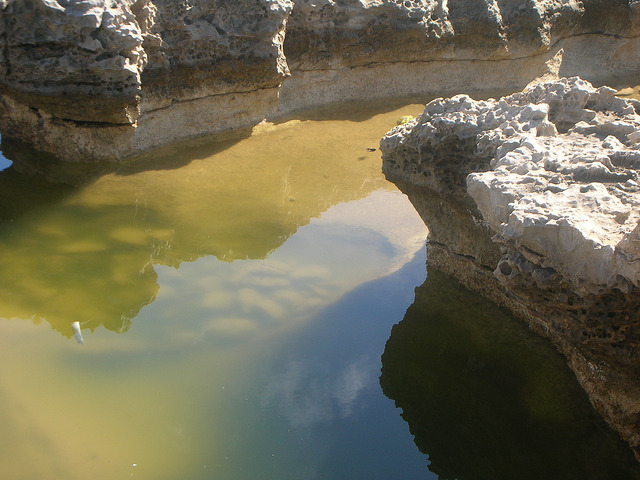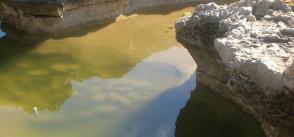
Malta at risk of fresh water shortages
In 2015 the Malta Water Services Corporation produced 31.2 billion litres of potable water. 43% of this was obtained from ground water (aquifers) and 57% from Malta’s 3 desalination plants located at Pembroke, Cirkewwa and Ghar Lapsi.
Aquifers are fresh water saturated underground layers of permeable rock, rock fractures, gravel, sand or silt from which water can be extracted. Malta has no lakes or rivers so the aquifers are only replenished from rainfall percolating down into the ground. We do not get much rain in Malta and a substantial amount runs off into the sea.
According to the Malta Water Association: “we are pumping out water at a rate that is 50% higher than the sustainable replacement by rainwater. This is leading to seawater intrusion and it will soon lead to groundwater being completely unutilisable. Moreover, most groundwater bodies show nitrate levels that exceed the EU safe limit of 50mg/l.”
The nitrates originate from the downwards movement of fertilisers and animal waste into the aquifers. Continued increasing salinity caused by over extraction and the high concentration of nitrates have deteriorated the quality of water in the aquifers to such an extent that it must be mixed with good quality desalinated water in order to meet the drinking water standards. Instead of facing up to the problem we continue to sweep the dirt under the carpet. In the meantime the corrosion in our water distribution system is also contributing heavy metals to our tap water.
Read the full article by David Marinelli | blog.
[Photo by Claudio Rizzo | Flickr]







